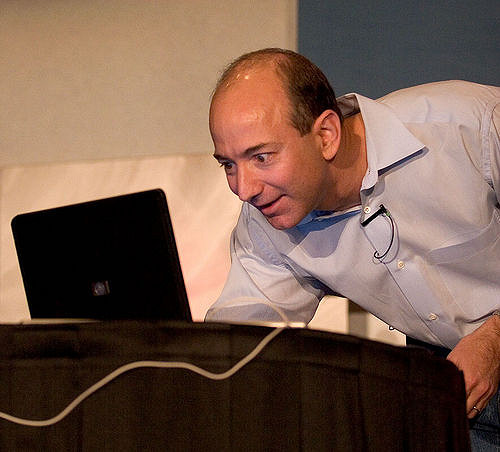Prices for fire-safety equipment rose at the same time as the Golden State suffered its worst wildfires in history.
What it means: Thanks to Uber, most of us are pretty familiar with surge pricing - the idea that the cost of something goes up when there’s high demand for it, and down when there’s not.
Lots of economists are interested in surge pricing. Some like the idea that when more people want a thing than there are things available, those who want it the most will pay the most. And when people who could produce more of that thing(e.g. Uber drivers who could hit the road) find it worth their while to do so, there’s more things to go around. Everyone ‘wins’ the things they value most, so everyone lives happily ever after (or, in economist speak, everyone’s utility is maximised).
There is a big, obvious flaw in this model though: wealth inequality. If I have a tenner and you have a grand, it doesn’t matter if I value something enough to give up half my money for it and you only value it enough to give up 1 percent of yours: you still win.
And there’s a second, less-obvious flaw: people hate surge pricing. Psychologically, it just rubs people up the wrong way: around 80 percent called it “unfair and unjust” when polled. (FWIW, these sort of emotional reactions to prices is one of the reasons why the traditional economic view that all of us all are entirely rational beings is so widely criticised.)
People's dislike of it is probably why Amazon keeps denying it uses surge pricing* despite quite a lot of evidence that it does. Exhibit A: as wildfires recently ravaged California (killing at least 83 people), the price of fire extinguishers on Amazon rose 18 percent and the price of fire escape ladders rose 22 percent. (This was probably down to an unsupervised computer algorithm, rather than a conscious decision by human staff).
In theory, if those higher prices stop other less-needy customers buying these things, it could help more-needy Californians can get hold of them. In practice, most people are likely to regard it as an immoral ploy to profit off people who are desperate and in danger.
Read our explainers on behavioural economics and rationality.
* After we published this piece, Amazon reached out to us to say they really, really didn't use surge pricing. Their spokesperson asked us to tell y'all that "Amazon does not engage in surge pricing. We always seek to meet or beat the lowest price. We obsess over the things we believe customers will always care about--low prices, vast selection, and fast delivery--and work hard to provide all three, all the time."

